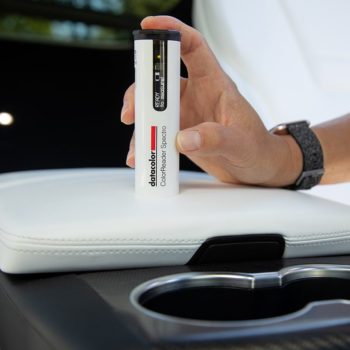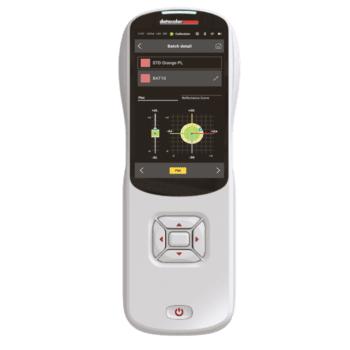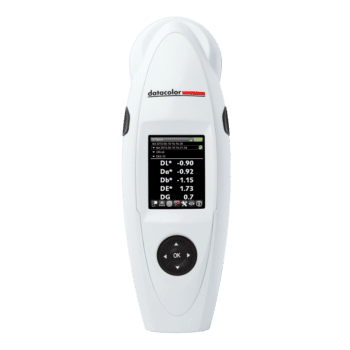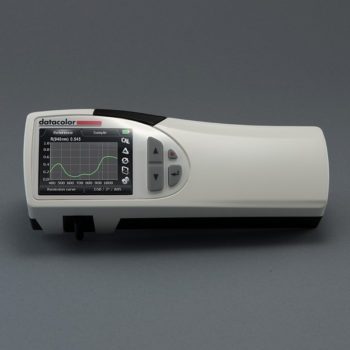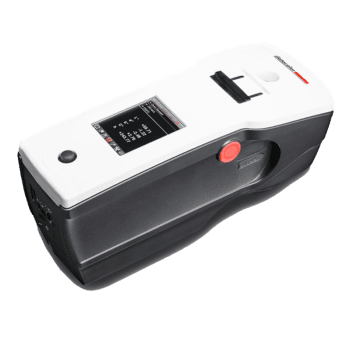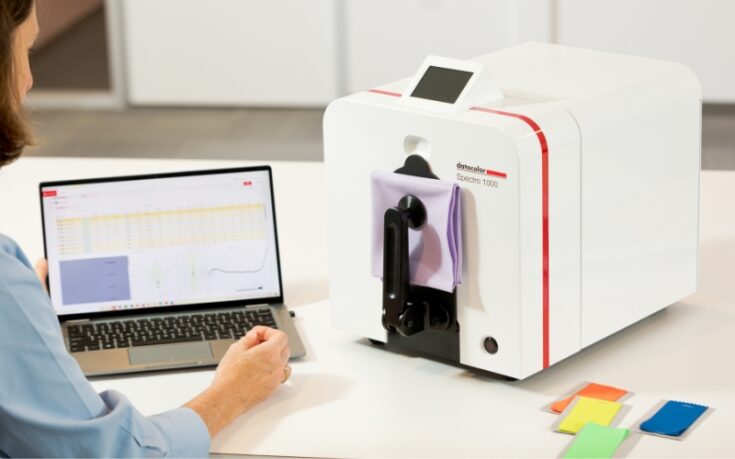MENUMENU
- Solutions
- Industries
- Products
- Benchtop Spectrophotometers
-
-
-
Benchtop Spectrophotometers
-
-
-
- Portable Spectrophotometers
-
-
-
Portable Spectrophotometers
-
-
-
- Color formulation software
-
-
-
Color formulation software
-
-
-
- Quality control software
-
-
-
Quality control software
-
-
-
- Visual evaluation & Sample preparation
-
-
-
Visual evaluation & Sample preparation
-
-
-
- Lab dyeing & dispensing
- Services and support
-
-
-
Services and support
-
-
-
- Academy
